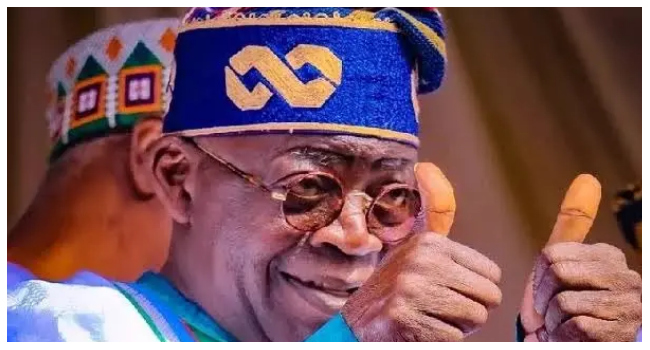Minimum Wage: Tinubu To Meet With Organised Labour Thursday
To continue discussing a new minimum wage for workers in Nigeria, President Bola Tinubu will meet with organised labour in Abuja on Thursday.
At a meeting scheduled to take place at the Aso Villa in the nation’s capital city, the president extended an invitation to the leadership of the Nigeria Labour Congress (NLC) and the Trade Union Congress (TUC).
The N62,000 offered by the public and commercial sectors and the N250,000 demanded by organised labour will likely be decided upon by the president.
On June 12, 2024, during his Democracy Day speech, the president declared that the National Assembly will soon receive an executive law establishing a new national minimum wage for workers. It has been around one month since then.
In an effort to facilitate greater stakeholder involvement, the President resigned as chair of the Federal Executive Council (FEC) on June 25 from his role in reviewing and discussing the memorandum regarding the new minimum wage.
At the 141st National Economic Council (NEC) meeting, which took place two days later, Tinubu and Vice President Kassim Shettima met with ministers and governors from all 36 states in the Federation to discuss raising the minimum wage.
A new minimum wage for employees in Nigeria has been the subject of ongoing discussions. In April 2024, the Minimum pay Act that had set the minimum pay at ₦30,000 per month came to an end. Every five years, we should reevaluate the Act to make sure it still covers workers’ needs in today’s economy.
The Nigerian president, Bola Tinubu, established a tripartite committee in January to discuss raising the minimum wage. On the committee you will find representatives from both the federal and state levels of government, as well as from labour unions and business groups.
Labour leaders announced an extended strike on Monday, June 3, 2024, after the committee members were unable to settle on a new, more reasonable minimum wage for employees. By locking down the nation’s grid, banks, airports, hospitals, the National Assembly, and state assembly complexes, labour paralysed businesses.
In light of the present inflationary pressures and the consequences of the current administration’s twin policies of removing the petrol subsidy and unifying the forex windows, the labour unions have stated that the existing minimum wage of 30,000 is insufficient to support the well-being of the typical Nigerian worker. They have demanded that the government provide workers with a more realistic economic compensation.
After the president promised a wage higher than ₦60,000, the labour union “relaxed” its strike on June 4, 2024.
Subsequently, the leadership of the Nigeria Labour Congress (NLC) and the Trade Union Congress (TUC) started negotiations with federal, state, and organised private sector representatives.
Labour and the government were still unable to come to a consensus on Friday, June 7, 2024. Demand decreased from 494 thousand to 250,000 rupees, as labour declined once more. Workers were offered 62,000 rupees, and the government increased the initial offer by 2,000 rupees.
The president is anticipated to make a choice after reviewing the reports from both parties and then send an executive bill to the national assembly to pass a new minimum wage bill. The president will then sign the bill into law.




